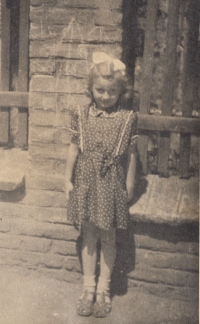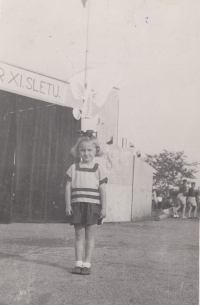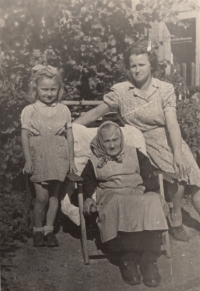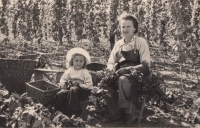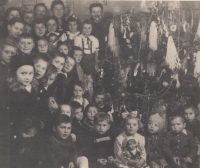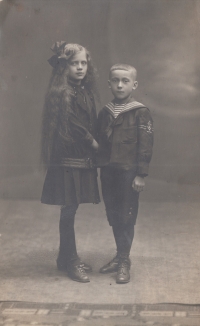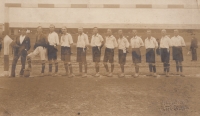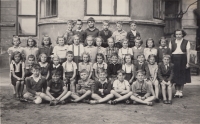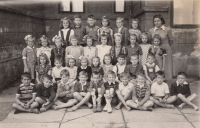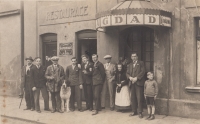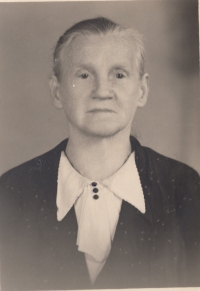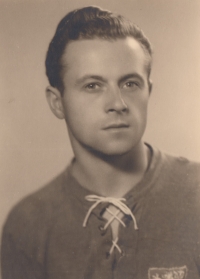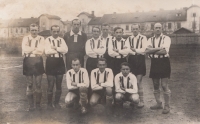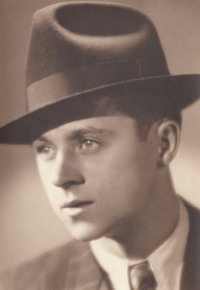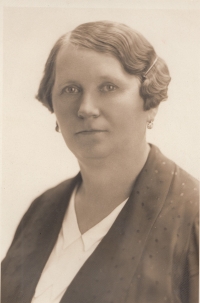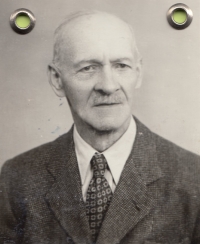What we liked about Karlov was the cohesion of its residents
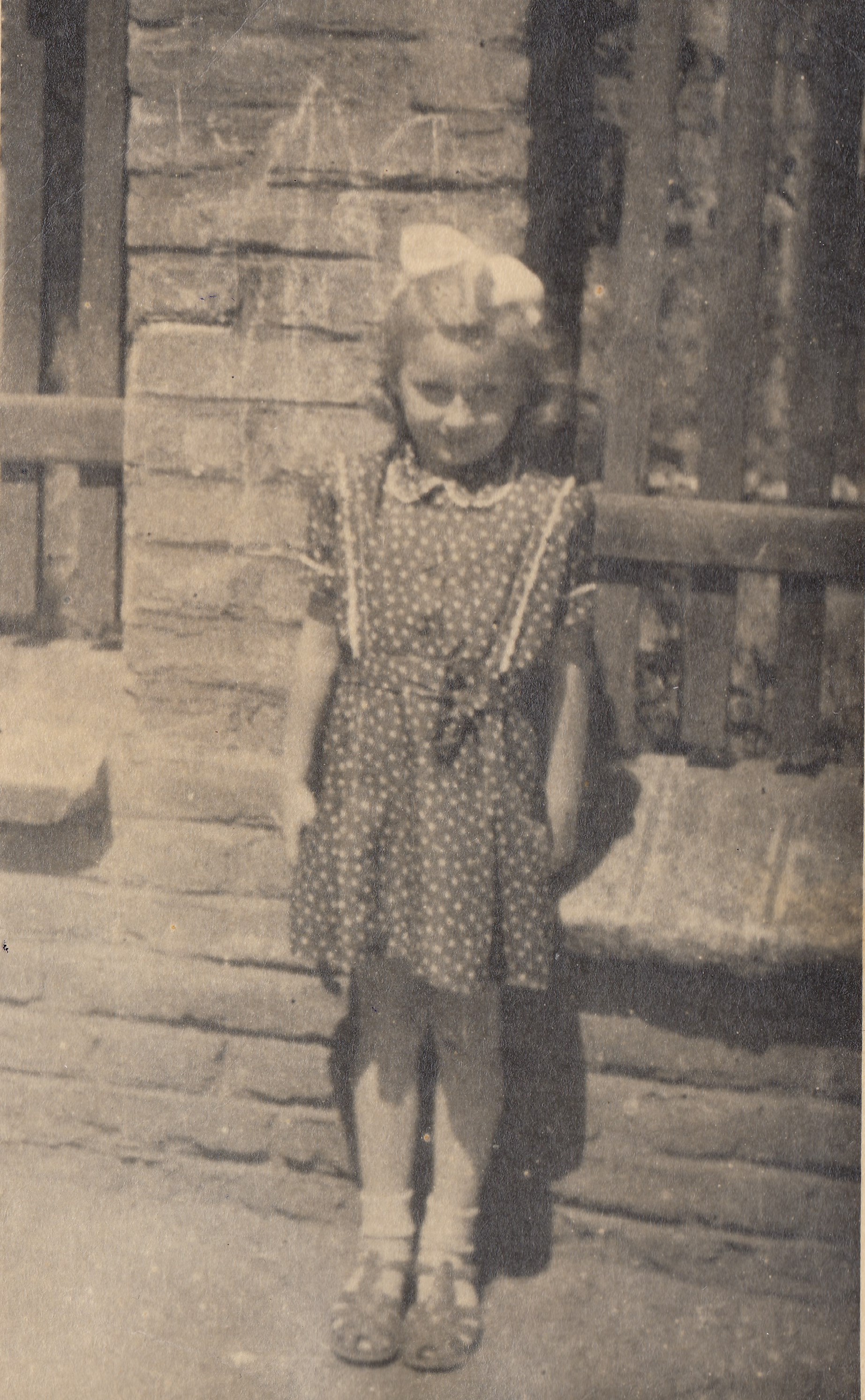
Download image
Hana Páníková, née Cíglerová, was born on 4 April 1942 in the now defunct Karlov district of Pilsen, built for the employees of the Škoda factories. She describes her childhood as joyful; children in Karlov enjoyed the freedom and the surrounding nature, skiing, skating and swimming in the nearby river. Hana Paníková’s first memories are of the end of the Second World War, hiding in a shelter and being given chocolates by American soldiers. Part of the Karlov district and the local school got hit by Allied air raids targeting the Škoda factories, then part of the arms factory of Nazi Germany. Like her father, Hana Páníková devoted most of her professional life to the Škoda factory in Pilsen, temporarily renamed V. I. Lenin Factories during socialism. In 2023, Hana Páníková lived in Pilsen.
